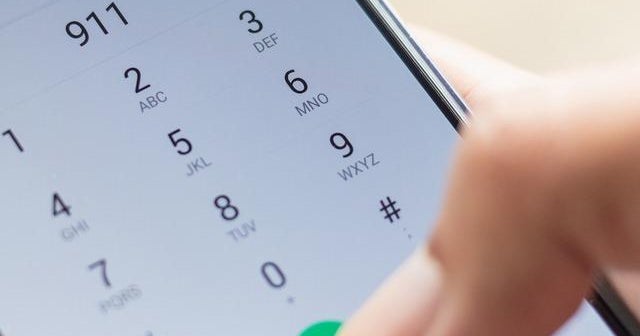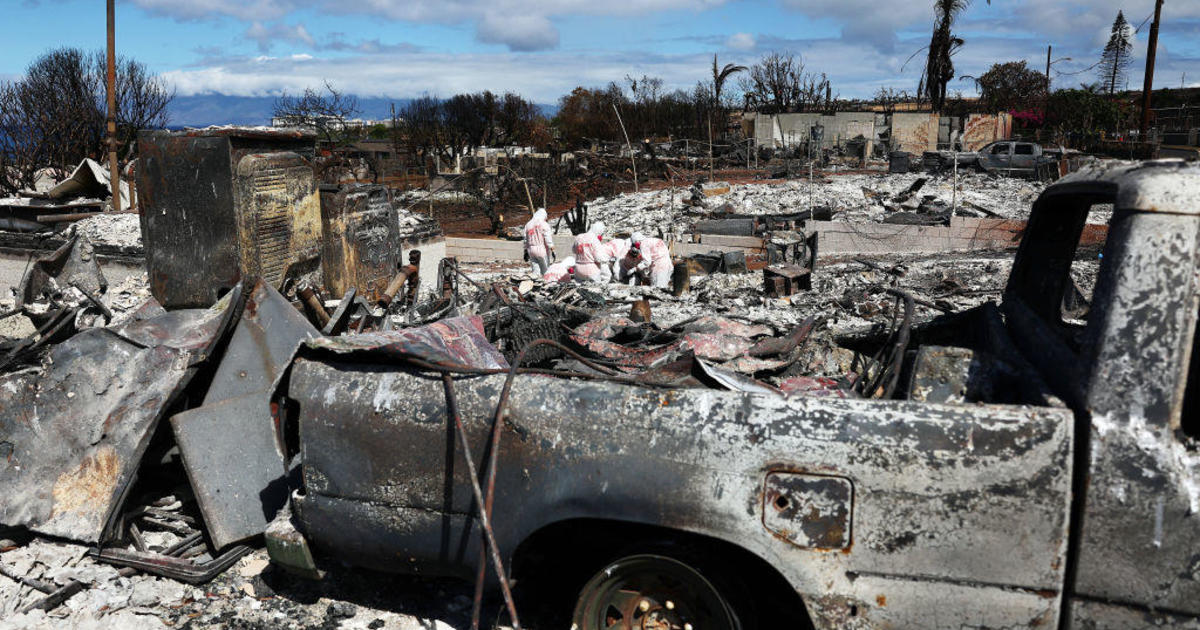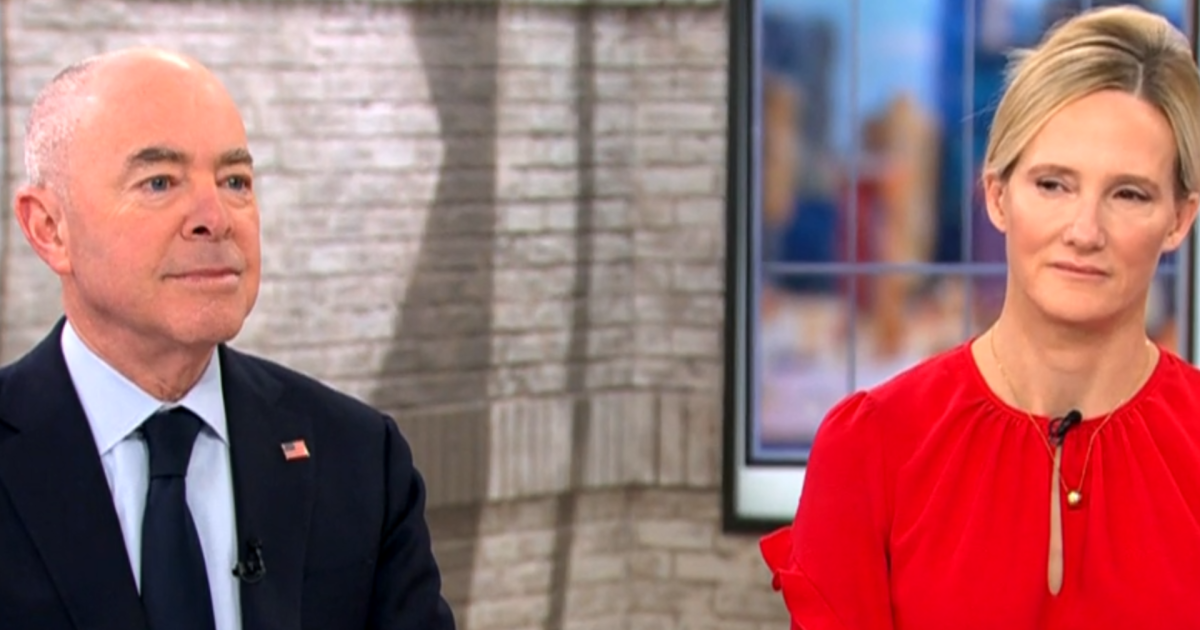FEMA to stop paying for certain PPE for schools and elections agencies
Much of the basic emergency supplies that schools, elections agencies and other local offices need for COVID prevention will no longer be covered by FEMA under a new policy announced Tuesday.
The interim policy, which goes into effect September 15, follows what local officials from around the country have said they were told in recent calls with FEMA: that many of the masks, respirators and sanitizing supplies that continue to be key for coronavirus prevention will only be covered for reimbursement when used specifically for emergency response. Instead, under most circumstances, the agency will regard these items as non-emergency supplies for schools and many other local institutions.
Though the new policy doesn't explicitly lay out which supplies are no longer covered, Erica Bornemann, director of Vermont Emergency Management, said FEMA officials on a conference call Tuesday described changes that largely aligned with guidance sent in an email to emergency officials in New England on July 28. That email, obtained by CBS News through a public records request, paints a broad picture of what FEMA will no longer cover for states.
"What we're talking about here are emergency protective measures like personal protective equipment (PPE), and disinfection protocols and equipment, that are really essential for limiting the spread of COVID-19," Bornemann said in an interview with CBS News.
In the July 28 email, a FEMA official named Robert Grimley responded to questions he had been asked about what will no longer be included under FEMA's "Category B," the designation used for reimbursement of costs associated with emergency protective supplies.
Read abridged responses to four of the questions below.
"Disinfection of Schools and Other Public Facilities. You have asked whether the disinfection of school and other government buildings (including purchase and provision of necessary supplies and equipment) would be eligible under Public Assistance Category B. The answer is likely no."
"Personal Protective Equipment (PPE) for Government Employees. You have asked whether the purchase of PPE (e.g., N95 masks, cloth face coverings, aprons, face shields, etc.) for schoolteachers, election poll workers, town or city clerks, public works employees, medical staff, and all other government employees to perform their day-to-day duties would be eligible. The answer is likely no."
"Temperature Screening and Other Measures in a Public Facility. You have asked whether the purchase of thermometers for temperature screening and installation of temporary physical barriers (such as plexiglass barriers) and other temporary measures in a public facility to help prevent the spread and transmission of COVID-19 in that facility would be eligible under Public Assistance Category B. The answer is likely no."
"Face Masks for the Public. You have asked whether the purchase of face masks (including cloth facial coverings, costs of distribution, and storage space) would be eligible under Public Assistance Category B. The answer is likely no."
FEMA did not reply to questions about the letter. Asked about the conference call, it referred CBS News to a press release about the new policy.
In a recording of FEMA's Tuesday call with state emergency managers obtained by NPR, a FEMA official said that PPE will be considered an operating cost for public agencies, as opposed to an emergency cost, and therefore no longer under FEMA's purview.
"Supporting schools and other functions — courthouses and other related functions – are not a direct emergency protective measures and therefore they're not eligible for [Public Assistance]," said Keith Turi, FEMA assistant administrator for recovery, according to NPR.
The new policy also limits funding for PPE stockpiles, covering 60-day supplies. Until now there had been no set limit.
Bornemann expressed concern about the changes.
"It is hard to understand, especially when we're in the middle of the pandemic, and we continue to be in the middle of response," Bornemann said, adding that her agency planned to look into eligibility for school nurses.
Bornemann is also the vice president of the National Emergency Management Association. The group signed an August 25 letter to FEMA from the National Governors Association and six other organizations representing state and local officials that echoed her concerns about the changes. They wrote that they believed FEMA was seeking to recategorize basic supplies as no longer part of emergency response.
"We also understand that FEMA may seek to tie eligibility to an arbitrary distinction between 'response' and 'reopening.' This proposed change to PPE coverage continues a troubling pattern of shifting costs and responsibilities onto states and localities when they can least afford it," the groups wrote.
They also cautioned against diverting PPE funding to satisfy President Trump's August 8 executive action calling for FEMA to provide $300 in weekly jobless aid to the nation's 26.3 million unemployed.
"We hope the decision to shift the cost of providing PPE to states and localities is not due to the recent strain on the Disaster Relief Fund by the Lost Wages Assistance program," the groups wrote.
The new policy comes just as schools around the country reopen with budgets that now must include safety supplies they've rarely needed before. During an August 18 webinar for superintendents, Florida's Department of Education Senior Chancellor Eric Hall addressed "indecision" from FEMA.
"Since that just hit our radar as something that has come back up as a possible, again, indecision from FEMA, we are going to take some additional steps to reallocate funding, to support the schools," Hall said, announcing that Florida set aside $30 million — $7,704 per school — to offset emergency reimbursements schools may have been expecting from FEMA.
In normal years, said Bornemann, schools reopen just before PPE supply chains and budgets face strain from an annual menace: flu. This year, it could prove particularly difficult to handle.
"We're very cognizant that we're going into respiratory virus season in this country. We've got flu coming at the same time as COVID. And flu depending, how widespread it is, can be a large stressor on the health care system," Bornemann said.
"What it could mean is that if we do need more PPE it could stress supply chains. It's because of those unknowns that we need to be prepared for the worst. That's why it's confusing to us. Why those items that have been so important throughout this response could then become ineligible depending on the activity that they're used for," Bornemann said.



